Rheumatology Tip of the Day
Author(s):
Rheumatology Tip of the Day

Raynaud's phenomenon is usually absent from eosinophilic fasciitis, which may be difficult to differentiate from scleroderma. Nearly all scleroderma patients have Raynaud's, usually early on . . . .
Learn More
(See the entire Tip of the Day collection.
Rheumatology Tip of the Day
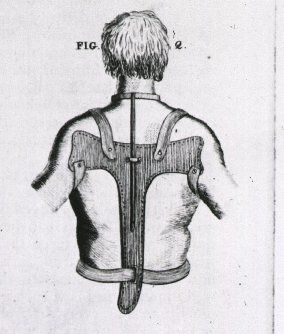
Clues to spinal epidural abscess as a cause of back pain (a potentially disabling condition and thus a diagnostic "great save"):
1. Usually insidious onset
2. Usually thoracic (most back pain is cervical or lumbar)
3. Major red flag: fever (though often absent, especially early in the course) . . .
Learn More
(See the entire Tip of the Day collection.
Rheumatology Tip of the Day

Use ACE inhibitors with great care in systemic sclerosis. ACE inhibitors given before the onset of scleroderma renal crisis worsen later outcomes. . . .
Learn More
(See the entire Tip of the Day collection.
Rheumatology Tip of the Day
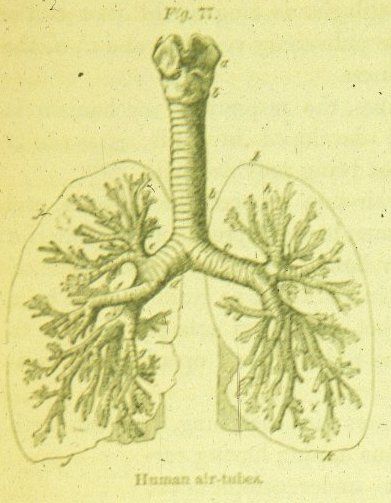
As many as 40% of sarcoidosis patients show an acute, self-limiting polyarthritis, but chronic arthritis and muscular symptoms are very rare. . . .
Learn More
(See the entire Tip of the Day collection.
Rheumatology Tip of the Day
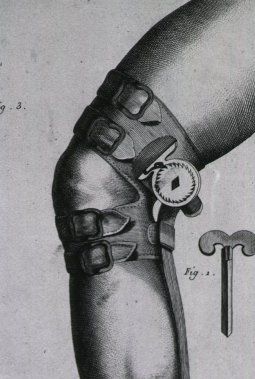
Knee osteoarthritis does not always progress. Data from the Osteoarthritis Initiative shows that half of people with knee OA reported less knee pain at 48 months than at 12 months. . . .
Learn More
(See the entire Tip of the Day collection.
Rheumatology Tip of the Day

In the rare fibrosing disorder eosinophilic fasciitis, the hands and feet are usually spared. In scleroderma, the hands are nearly always involved. . . .
Learn More
(See the entire Tip of the Day collection.
Rheumatology Tip of the Day
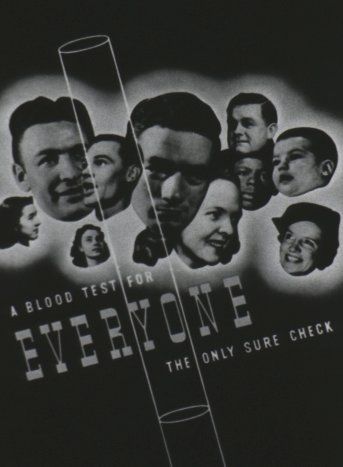
Joint erosions progress significantly faster in the anemic rheumatoid arthritis patients than in RA patients who do not have anemia. . . .
Learn More
(See the entire Tip of the Day collection.
Rheumatology Tip of the Day

When assessing function in RA, four factors help determine whether a patient is having difficulty with a task:
1. speed and smoothness of movement;
2. the number of attempts required for completion;
3. substituting an alternate motion for one that is difficult; and
4. the presence of pain behaviors . . .
Learn More
(See the entire Tip of the Day collection.
Rheumatology Tip of the Day
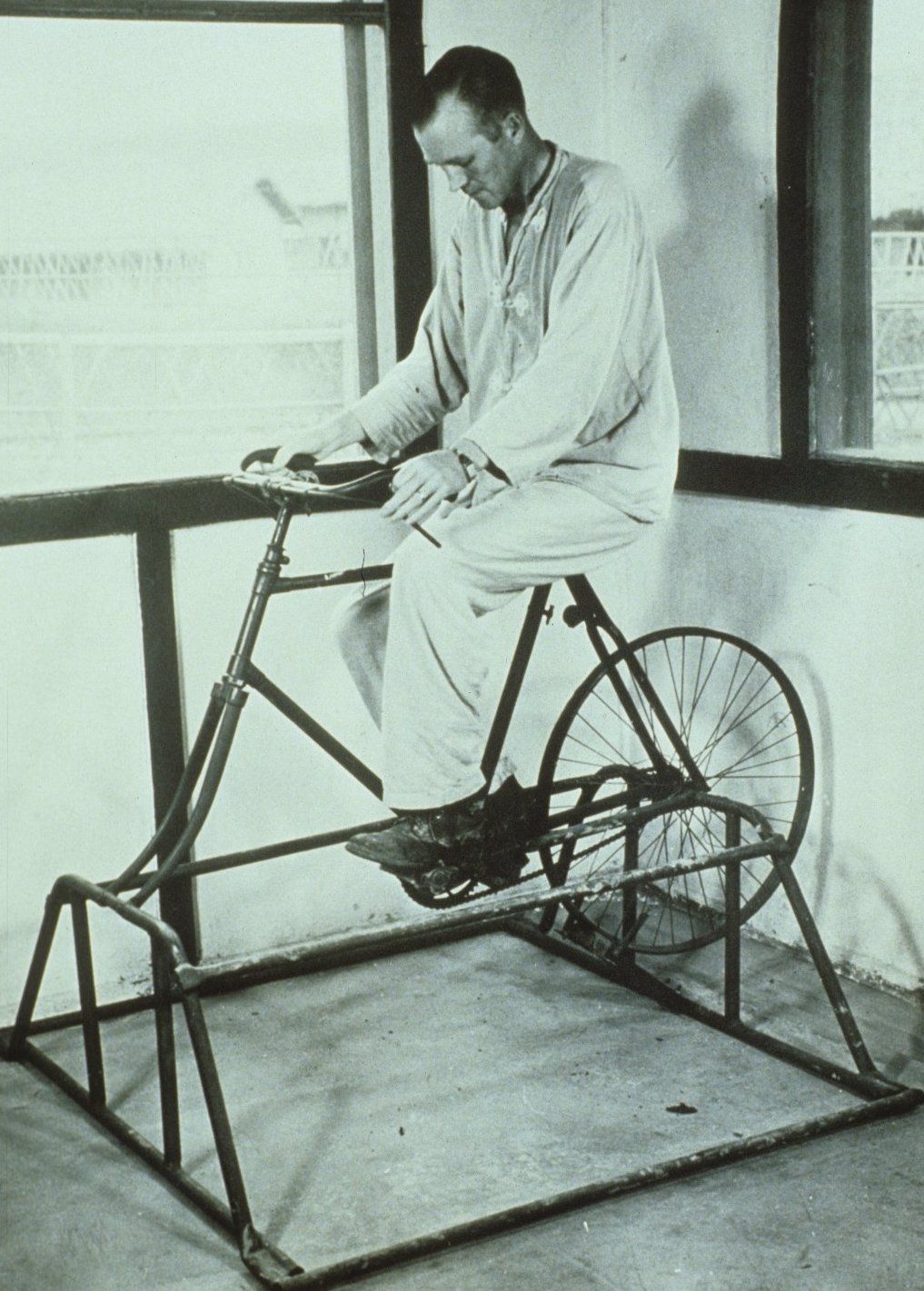
To encourage adequate exercise among your patients, include a question about physical activity at the top of the chart, alongside blood pressure, heart rate, and other vital signs. . . .
Learn More
(See the entire Tip of the Day collection.
Rheumatology Tip of the Day

Obese patients scheduled for elective knee replacement have significantly elevated serum levels of IL-6, suggesting that their adipose cells induce a hyper-inflammatory state . . .
Learn More
(See the entire Tip of the Day collection.)
Rheumatology Tip of the Day
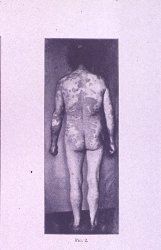
Psoriasis patients are at increased risk of cancer, especially when (1) the disease is severe and had an early age of onset and (2) comorbid conditions exist, such as smoking or diabetes. . . .
Learn More
(See the entire Tip of the Day collection.)
Rheumatology Tip of the Day

Among knee replacements for children with JIA, 75% last for 20 years, a multicenter study shows. Almost half of recipients have unlimited walking ability. . . .
Learn More
(See the entire Tip of the Day collection.)
Related Content





